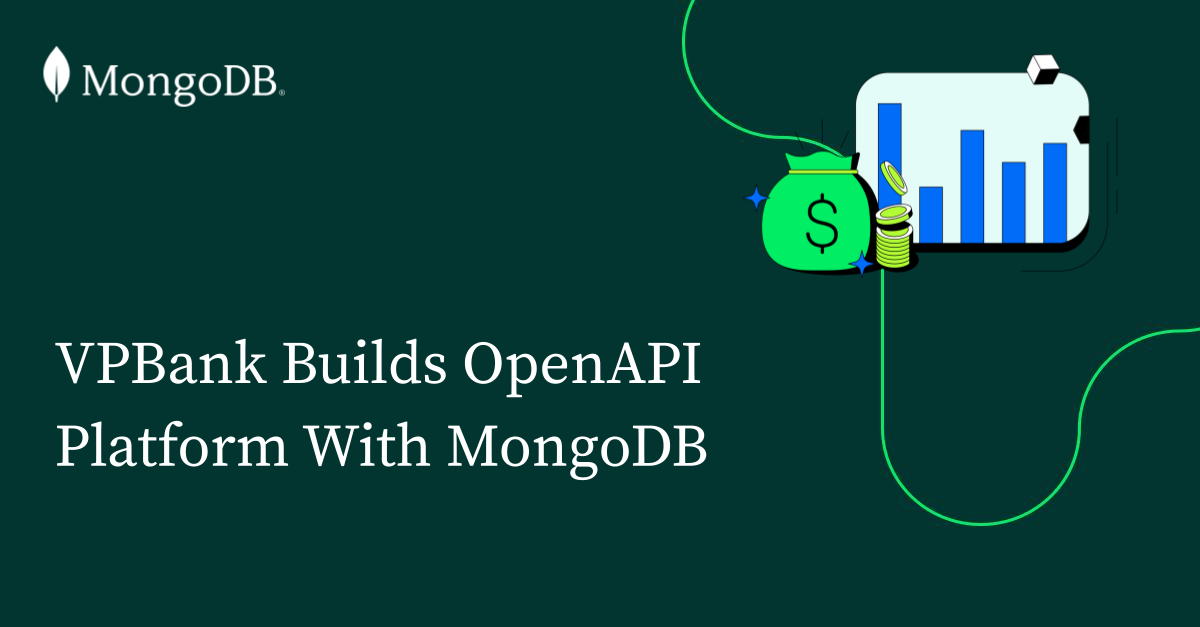PepsiCo's Strategic Push in India's Expanding Snack Market

PepsiCo has recently taken a significant step to strengthen its position in the rapidly growing Indian snacks market by sending over two dozen senior executives from its snacks division across the globe, led by company chairman Ramon Laguarta. This is the first time such a large contingent of PepsiCo Snacks executives has visited India, highlighting the country's pivotal role in the company's future growth strategy. The local snack market has been witnessing explosive growth, with numerous regional players and direct-to-consumer brands increasingly capturing market share from established giants like PepsiCo.
The rise of quick commercean innovative service model that enables consumers to discover and receive products within a mere 10 to 15 minuteshas fundamentally altered the landscape of snacks distribution and consumption in India. This shift presents both a challenge and an opportunity for PepsiCo, as it seeks to adapt to changing consumer behaviors and preferences.
Competing with PepsiCo in this vibrant market is Haldiram, a local snacks powerhouse, which has recently announced plans for an expansion drive after successfully raising $1 billion from private equity investors. This development underscores the competitive nature of the Indian snack sector, which PepsiCo is keenly observing as it looks to solidify its market share.
This week, the general manager-level executives from PepsiCo will be convening in Hyderabad for meetings that are expected to focus on best practices and strategic initiatives. They will also make visits to various plants and retail markets within the region. A spokesperson for PepsiCo confirmed these meetings, stating, PepsiCo conducts meetings for its business executives across markets to facilitate learning and the exchange of best practices. The spokesperson further emphasized Indias importance in the companys global strategy, stating, India, with its significant capabilities, including the India capability centre, is a vital market for us.
In a recent report, the New York-based beverage and snack giant noted that its international convenience foods business, which includes products sold in India, Brazil, Egypt, and Turkey, experienced a growth of 2% during the January to March period. Laguarta highlighted Indias promising potential, stating, India is in a good place, although the company refrained from providing country-specific revenue figures.
Last December, reports indicated that PepsiCos headquarters had identified India as one of its 13 anchor markets, which are expected to contribute significantly to the companys growth trajectory, particularly as it navigates various global market headwinds. PepsiCo has outsourced nearly all its beverage business in India to Varun Beverages, which is owned by RJ Corp, thereby allowing the company to concentrate its efforts on its core snacks business. Currently, PepsiCo operates four manufacturing facilities in India, located in Uttar Pradesh, Punjab, Maharashtra, and West Bengal.
The snacks category, once dominated by PepsiCo, is now bustling with competition from regional brands and new direct-to-consumer ventures. A leader from a regional snacks brand, who chose to remain anonymous, remarked on the changing dynamics: We are leveraging quick commerce platforms to deliver even in remote pin codes, sell at lower prices, and give higher retailer margins. This competitive environment features various brands such as Haldiram, Bikanerwala, ITC, Parle, Balaji Wafers, Crax, and Prataap Snacks, all vying for a share of Indias lucrative Rs 47,000 crore snacks market.
According to a report from the research firm IMARC Group, the domestic snacks market is projected to nearly double in size, reaching around Rs 95,522 crore by 2032. This presents an exciting opportunity for both PepsiCo and its competitors. In terms of financial performance, PepsiCo reported consolidated revenue of Rs 5,954 crore for the nine-month period ending December 31, 2023. Of this, Rs 4,763 crore came specifically from its snacks business, which encompasses popular brands such as Kurkure, Lays, Doritos, and Quaker.
During an earnings call last week, Laguarta expressed cautious optimism regarding the company's prospects, acknowledging the global economic uncertainties and trade volatility. He stated, We expect more volatility, particularly related to global trade developments, while also noting that consumer conditions in many markets remain subdued with an uncertain outlook. This highlights the ongoing challenges that PepsiCo faces, even as it invests in high-potential markets like India.




























